When Donald Trump made building a “big, beautiful” wall along the southern US border a priority in his first term, he was widely derided. There wasn’t enough concrete or steel to build such a structure. Anyway, it was futile because migrants would find some way over or around it. It was a heartless and evil project being promoted to distract from other failures. When shutting off immigration from Mexico became an unrealized project from that first term, Trump’s critics enjoyed themselves.
Campaigning for his second term, Trump hardly mentioned the wall. Yet something remarkable has happened. Undocumented migration across the border has all but ceased. In the four years to Inauguration Day this January, under President Joe Biden’s watch, there were an average of 155,000 illegal crossings every month. In February it fell to 28,000 and in March to just 7,000.
Crossings have remained at very low levels in the months since. Despite some protests on the Democratic left, Trump has achieved what he promised to do nearly a decade ago: he has closed the border. And by doing so, he has proven that the arrival of large numbers of illegal migrants is not some inevitable fact of modern life. It is a political choice.
The President needs to move on from the insurgency stage of his second administration
How has Trump achieved what many said was impossible? He handed the job of policing the border over to the military. This required a little inventiveness to get around the law, but no steamrolling over human rights. Under the Posse Comitatus Act of 1878, the government is forbidden from deploying the armed forces to keep order in civilian situations, except with the express permission of Congress. But there was a loophole. The military was still allowed to police the boundaries of military installations. Trump’s solution? Designate the most critical and vulnerable parts of the US-Mexico border as military sites – or extensions of existing military sites – and the Army would be allowed to patrol them regardless. As a result, hardly any migrants are now prepared to chance the crossing.
There is something to admire in a leader who achieves what others said couldn’t be done. Too often, government becomes stuck in a rut of its own making. Now and again, you need someone who’s not afraid to come along and break things.
There are still plenty of questions to be asked of Trump’s border policy. It is beginning to look a little performative, with more than 100 Stryker armed combat vehicles deployed to police the border, and the heavy talk of deporting up to ten million illegal immigrants has always been far-fetched.
Yet the President has intelligently joined up border policy and the war on drugs. As Ben Domenech details in our cover piece on p8, the Trump administration is using its military assets in Central and Latin America to fight what Marco Rubio now likes to call “narco-terrorism.” It’s a typically Trumpian win-win: the administration’s neoconservatives can enjoy flexing American muscles and killing bad guys abroad, while MAGA nationalists thrill at the forceful protection of the American people.
Rubio and Defense Secretary Pete Hegseth are right to argue that the war against the drug cartels cannot be waged at the border alone. But, as ever with Team Trump, the difference between theatrics and serious policy can be hard to decipher. Eliminating a boatload of alleged Venezuelan drug dealers with a missile in the Caribbean makes for good television, especially in the age of social media. But stunts can – and do – go wrong: what if the Trump administration mistakenly launches a fatal attack on an innocent crew or a fishing boat? This White House should not forget the tale of Esequiel Hernández, an American teenager who was herding goats close to the Texas-Mexico border in 1997 when he was shot dead by Marines who mistook him for a member of a drugs gang. The fallout set back efforts to police the border for years.
Trump has always had a weakness for men in uniform and for military solutions to political problems. He is more than willing to use emergency loopholes to send the National Guard into Washington to curb crime, or Los Angeles to stop violent protests. Such moves are not necessarily unpopular: law-abiding urban residents tend to be grateful for any government which makes them feel safer. Judges may continue to rule against such actions after the fact. But White House spokesmen will call them “rogue” or “activist” for doing so, and round and round the arguments will go.
The irony is that, in attempting to stop America becoming Latin America, the second Trump administration risks imitating an inept third-world government, endlessly invoking emergency powers and using armed forces to advance its agenda.
Washington, DC, is the heart of the American government and an important commercial center – a civilian environment if ever there was one. That such places are generally free from military presence in spite of the constant terrorist threat marks a very visible difference between a democracy such as the US and the dictatorships which blight much of the world.
The President should be applauded for being prepared to look at problems differently and take bold action where his predecessors have not. But he needs to move on from the insurgency stage of his second administration and be a little more careful. Closing the border to illegal immigrants is a triumph. But it is one which will be wasted if Trump ends up offending the citizenry through an overbearing and inappropriate deployment of the military in everyday life.
This article was originally published in The Spectator’s September 15, 2025 World edition.



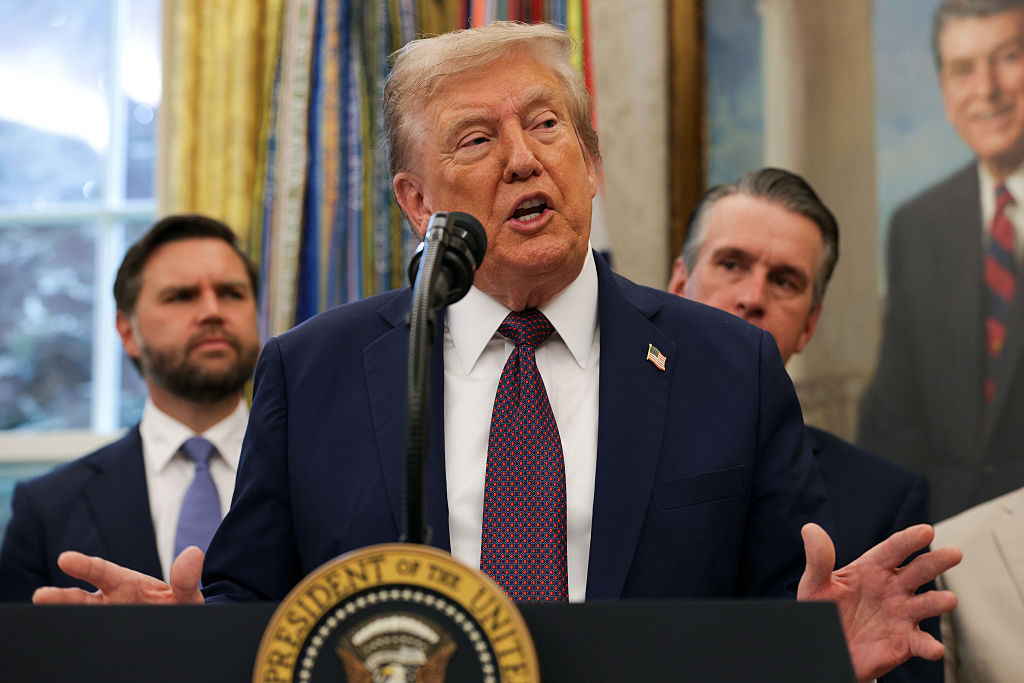







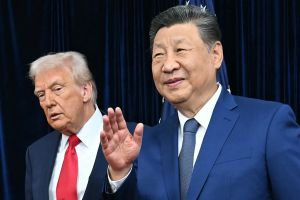
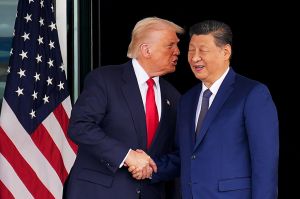
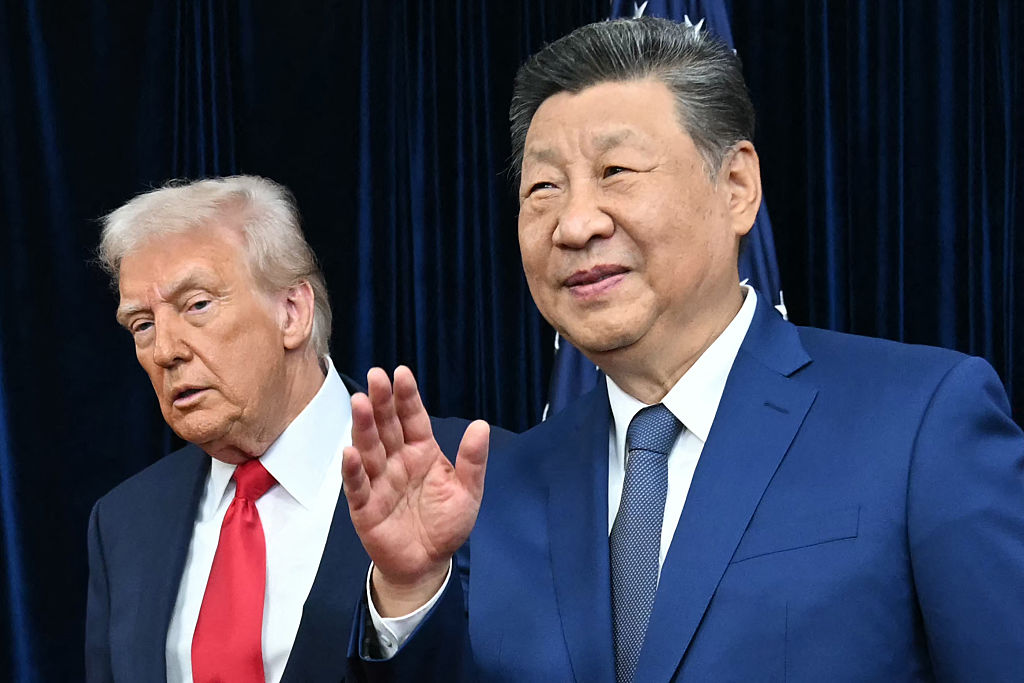
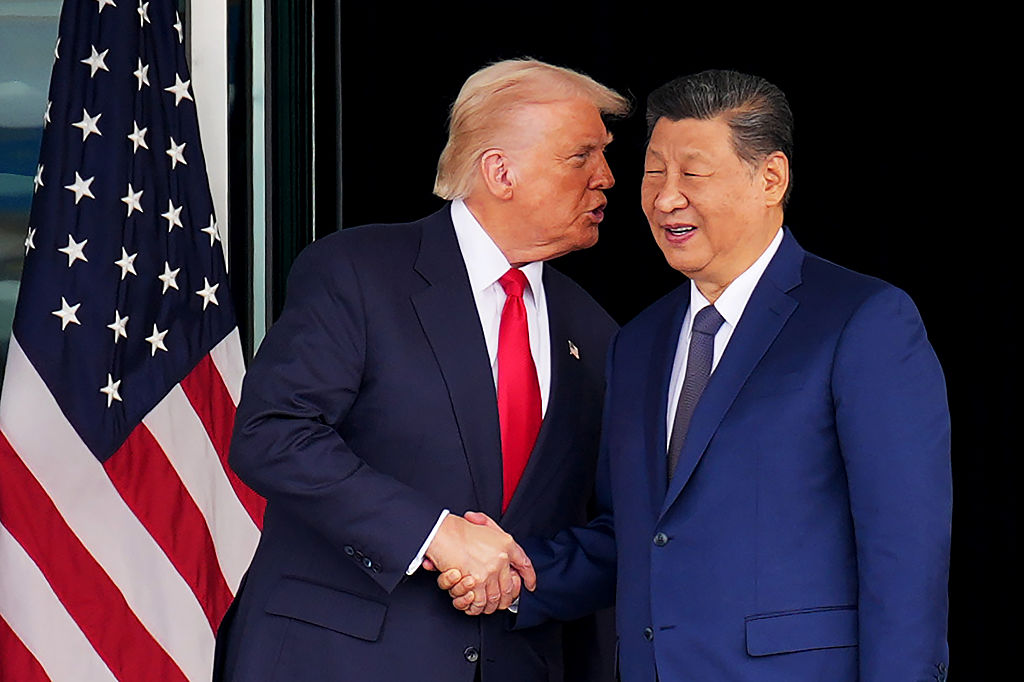
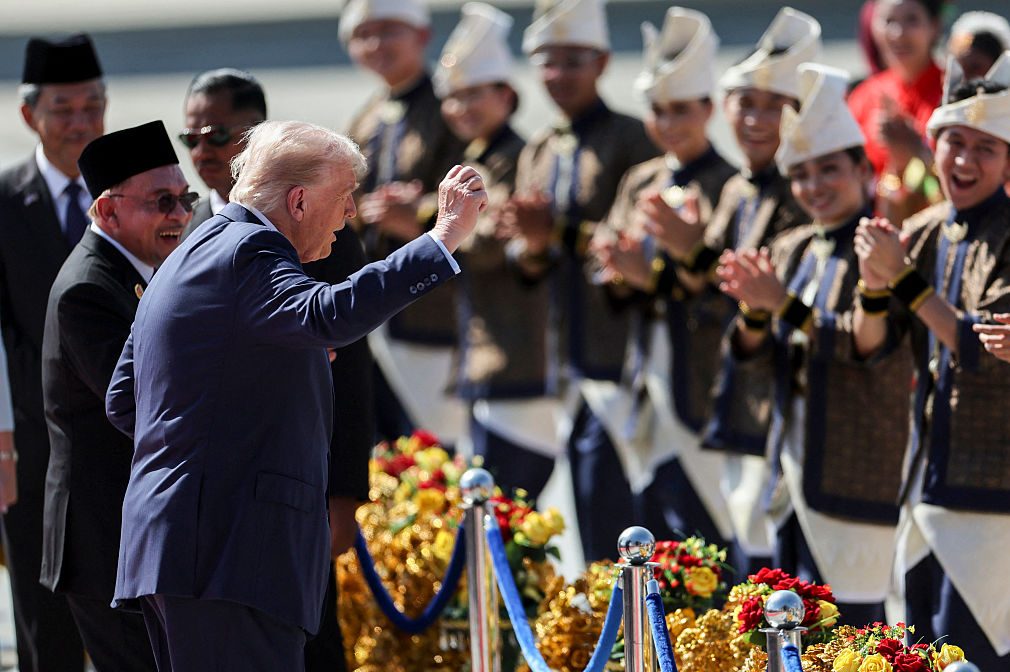
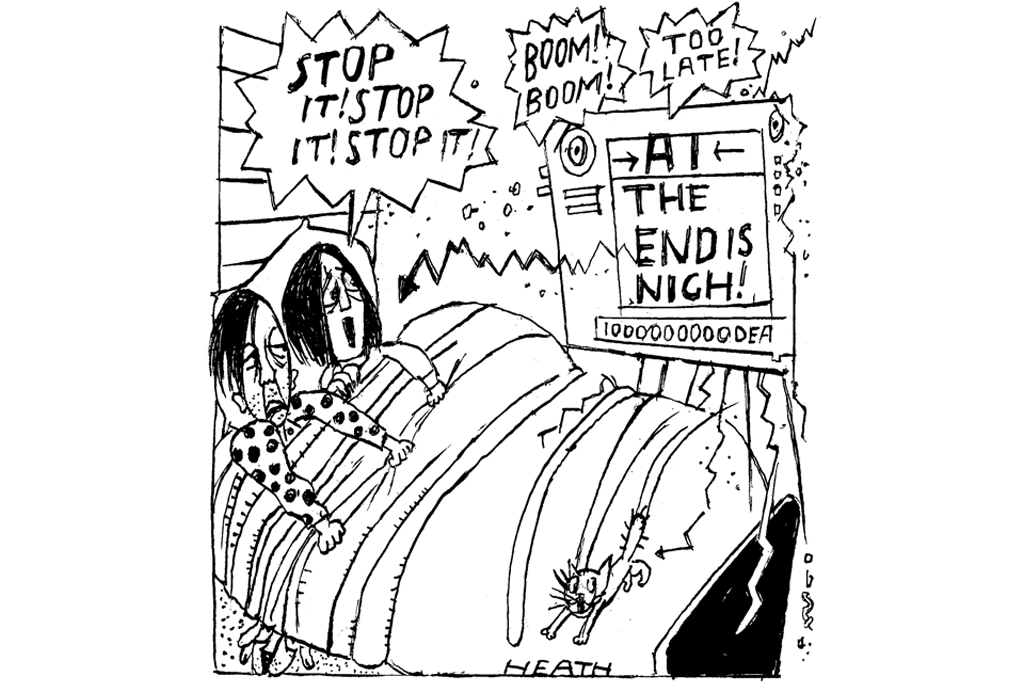

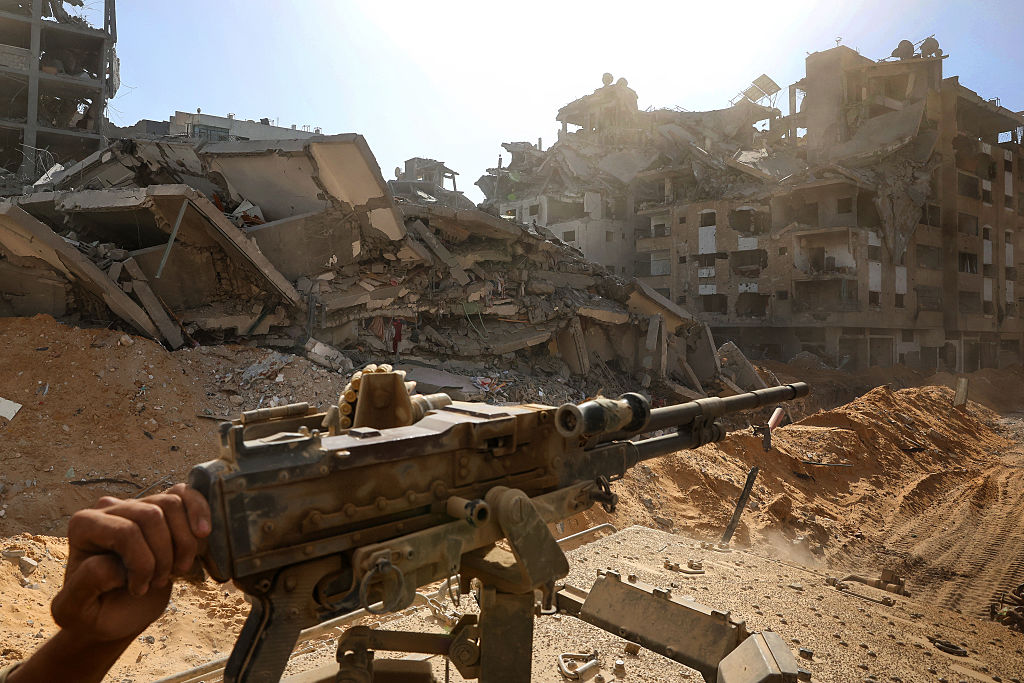







Leave a Reply